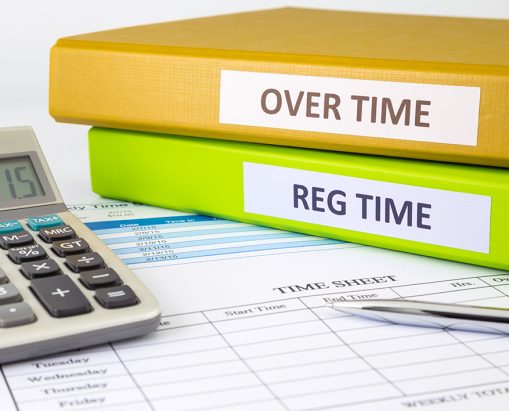
All employers are required to keep accurate records of the start and end times of each non-exempt employee’s work shifts, including the start and end of each meal period. All non-exempt employees who work more than five hours must be authorized and permitted to have an uninterrupted, thirty-minute meal period that begins before the end of the fifth hour of work.
If your time records do not show that your employees, i) took their meal periods; ii) took them on time; and, iii) took the full thirty minutes, the California Supreme Court recently held there is a rebuttable presumption that you violated the law.
While the court reaffirmed the existing law that employers are not required to “police” or “ensure” that employees take their meal periods, the court emphasized that employers are required “to give employees a mechanism for recording their meal periods and to ensure that employees use the mechanism properly.” If time records are inaccurate or incomplete, it is the employer’s burden to show that it authorized and permitted its employees to take compliant meal periods.
Pay attention to both of your responsibilities:
1. Have a mechanism for employees to record their meal periods.
We regularly defend clients against meal break claims that arise because of faulty time-keeping systems. Time-keeping systems that create problems for employers include, i) automatically deducting a half-hour from each day’s time with no clock-out or clock-in for meals; ii) supervisors recording clock-out and clock-in for meals for all staff with no method for employees to affirm or disaffirm the accuracy of the times; and, iii) systems that cannot be accessed by employees in the field or on the road.
Be sure that you have a mechanism in place that allows employees to accurately record their meal periods, and you are halfway there.
2. Ensure the employees use the mechanism properly.
This is frequently the more challenging issue. We often see time-keeping systems that are properly designed but improperly implemented. For example:
- the employee time card shows the exact same meal period time every day, to the minute (usually,
evidence that the time card was not filled in accurately); or - the employee time card shows regular late or short meals, but there is no evidence of the reason
for the noncompliant meals.
Supervisors and payroll staff should be trained i) to review time cards for evidence of inaccurate use or of failure to comply with company meal period policies and ii) to take action to train and/or discipline employees who fail to use the time-keeping system properly.
With time records showing noncompliant meal periods constituting evidence that you failed to follow the law, it is critical to bring these systems and practices up to the necessary standards.
(Dononhue v. AMN Services, LLC (2021) 11 Cal.5th 58.)
Related practice team: Labor and Employment


